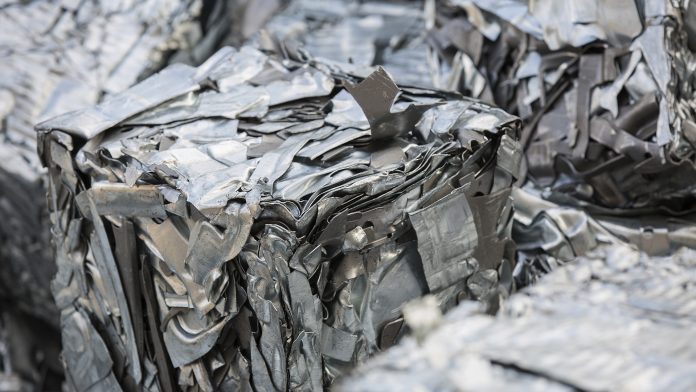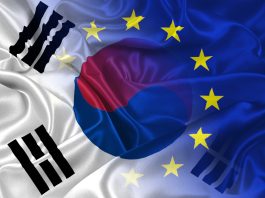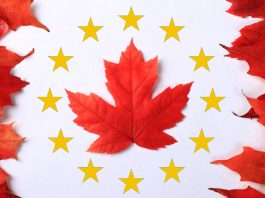Based in Vienna, the Austrian Institute of Technology is leading the European Union RecAL project that focuses on aluminium recycling for sustainability and resource efficiency.
The Recycling technologies for circular Aluminium (RecAL) project aims to develop aluminium recycling technologies and a digital platform for a circular economy in the industry.
The project, funded by Horizon Europe, brings together 19 partner organisations from nine European countries.
The initiative aims to usher in a new era of sustainable aluminium production and reuse by creating the RecAL Hub, a digital cockpit that enables the circular economy of aluminium recyclates across the continent.
The potential of aluminium recycling
Aluminium recycling has enormous potential and only requires 5% of the energy needed to produce primary material.
As aluminium plays a prominent role in decarbonisation across the globe, the RecAL project is working in line with the European Green Deal to exploit the potential of the raw material in an environmentally friendly yet efficient way.
What are the barriers to aluminium recycling?
One of the challenges in recycling aluminium is that the metal is alloyed with a variety of other elements that are almost impossible to separate again.
The current practice of mixing different end-of-life alloys leads to downcycling and a reduction in available feedstock.
Europe has a rich potential for secondary aluminium, expected to account for 49% of total aluminium production by 2050.
However, this source requires a central hub.
Aims of the RecAL project
The RecAL project takes a comprehensive approach to the sustainable use of secondary aluminium. The project addresses every step of the production and reuse cycle and solves challenges across the value chain.
RecAL is driving forward 14 major technological solutions for aluminium recycling up to technology readiness level 6. These are integrated into a digital, socio-technical ecosystem that acts as an aluminium hub for the circular economy.
“RecAL aims to fully exploit the immense potential of secondary aluminium resources in Europe, revolutionise recycling processes, address key challenges in alloy development and promote sustainable practices”, concluded project manager Gerald Prantl from the LKR Leichtmetallkompetenzzentrum Ranshofen.









